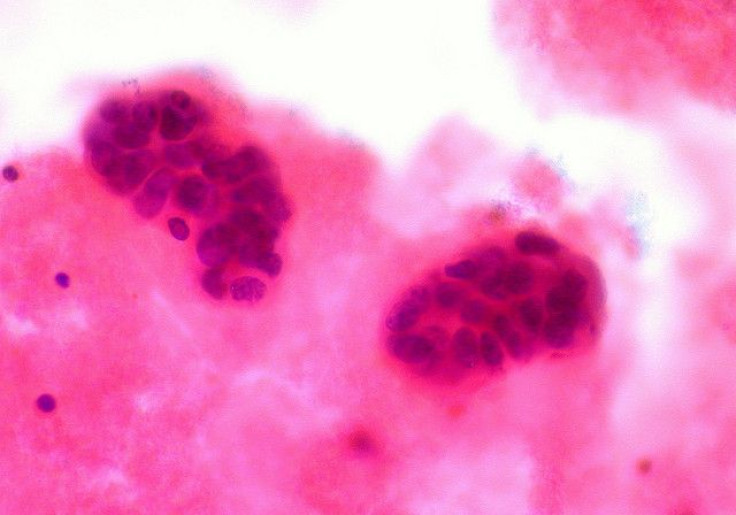1 In 5 New Cancer Cases Occur In Someone Who's Had The Disease Before: Why 'Second Cancers' Are On The Rise

The number of “second cancer” patients, or individuals who develop two unrelated forms of cancer at different times in their lives, is on the rise. Although the news may sound grim, doctors say the increase is not due to patients’ poor health, but rather a sign that we’re getting better at detecting and beating cancer.
In the United States, nearly one in five new cases of cancer occur in individuals who have already had the disease. That's a 300 percent increase since the 1970s, The Associated Press reported. While this figure may be startling, the fact remains that no matter what type of cancer a person has had, it’s possible to develop a new, unrelated cancer. According to the American Cancer Society, increasing numbers of second cancer cases are a sign that advances in early detection and treatment are saving an unprecedented amount of lives. In other words, people getting second cases of cancer means that more people than ever are actually surviving their first case.
Cancer is caused by mutations within the DNA that cause cells to no longer function correctly. These cells may eventually become cancerous. For some, the same mutations that led to the first cancer inevitably spur a second or even third case. This can occur even after the patient has made a full recovery. For example, doctors know women who have the BRCA1 mutation and have already experienced breast cancer are at a higher risk of developing an unrelated type of cancer, such as colon cancer. Because of this genetic risk, these patients will need to be monitored and screened for signs of other cancers for the remainder of their lives.
For others, the treatment that saved their life ends up being the reason their life is once again at risk. For example, although cancer treatments have become effective at destroying cancer without compromising the patient’s health, some treatments, such as radiation treatment, can actually give rise to new mutations and therefore new cancers.
Battling cancer the second time can be trickier than the first because many treatments are ineffective or even deadly when given over a longer period of time. Along with the medical limitations, experts agree that a second bout of cancer can be mentally difficult for patients to deal with."I think it's a lot tougher" for most people, Julia Rowland, director of the federal Office of Cancer Survivorship, told AP. "The first time you're diagnosed, it's fear of the unknown. When you have your next diagnosis, it's fear of the known.”
Those who have survived past bouts of cancer need to be hypervigilant about cancer screening throughout their lives in order to ensure that if they do develop the disease again, they are able to detect it at the earliest possible stage. Although it may be daunting, patients should remember that cancer treatments are advancing on nearly a daily basis.



























